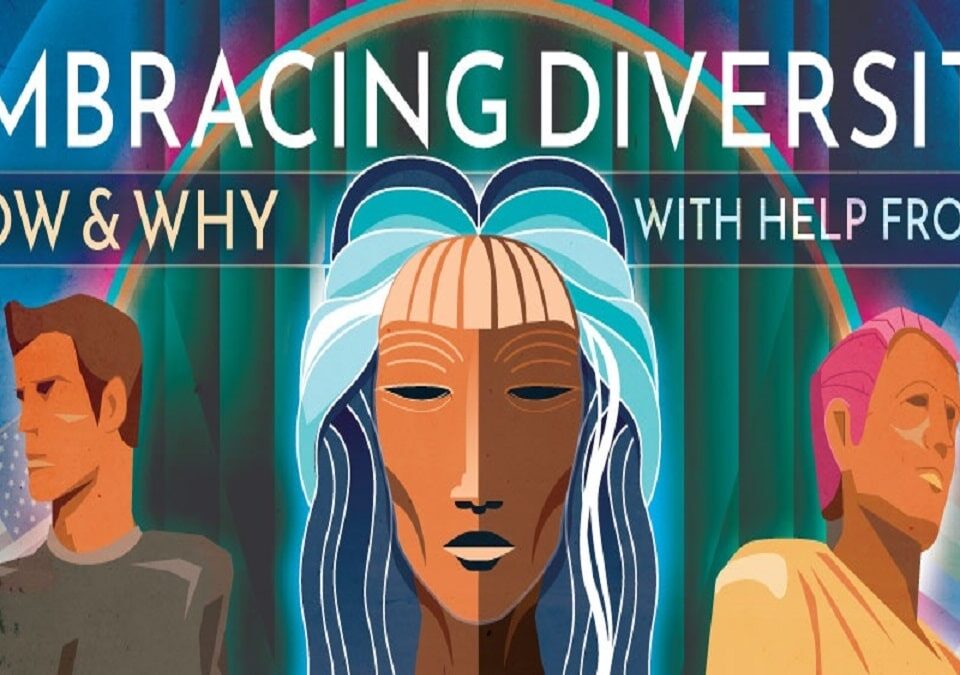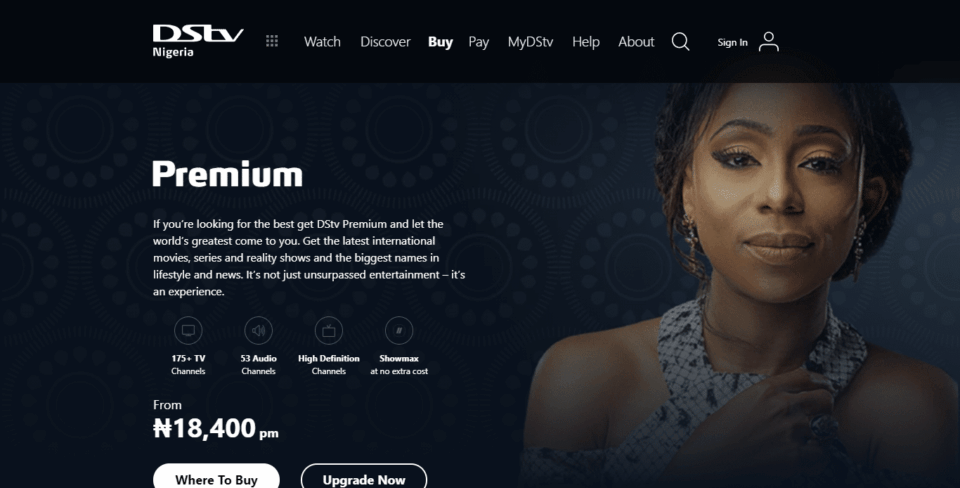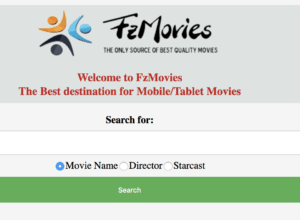In 2021, it seems like we should already have a really great handle on ensuring diversity in the workplace, but unfortunately, that isn’t always the case.
Currently, 48% of all businesses are not meeting their diversity goals. The biggest reason why embracing diversity is important is simply that it’s the right thing to do.
On the topic of diversity, 58% of executives say it is a corporate and social responsibility; 53% say it provides beneficial and varied skillsets; 47% say it is an issue of fairness and morality, and 43% say it boosts sales by better understanding the consumer base.
Still, workplace diversity is not only about the very important aspects of morality and fairness. At the end of the day, it also improves a company’s bottom line.
In fact, the top 20 companies in the S&P 500 achieve higher long term profitability than their less diverse counterparts.
Companies that rank in the top 25% for diversity in leadership are leading the way in other aspects of the business as well.
Those with greater gender diversity outperform in profitability by 21% and have superior value creation. Companies that are more ethnically diverse have good financial performance and industry-leading profitability.
Compared to companies in the bottom 25% for diversity, only 29% of whom will achieve above-average profitability.
Top executives of some of the leading companies in diversity have much to say about its benefits. Michele Buck, CEO of Hershey Company, says, “Diversity is particularly impactful in driving innovation and new ways of doing things.” Marc Pritchard, Chief Brand Officer of Procter and Gamble, says that consumers are no longer simply concerned with a product, but also the people behind the brand.
They want to know that the brand is embracing all people from all backgrounds.
According to Arlan Hamilton, Co-founder, and CEO of Backstage Capital, says that a lack of diversity will cause companies to miss out on a lot of financial gains.
Confirming that notion is the projection that advancing gender equality in the workplace could add $12 trillion to the global GDP by 2025.
The question is, how do companies attract and recruit a diverse workforce? Unfortunately, human bias still plays a big role in the hiring process.
Bias doesn’t necessarily mean racism, but bias is a natural part of every human experience. We may experience “similarity bias” in which we favor those who are similar to ourselves; or the halo/horns effect where we assume our initial impression of someone is correct.
We may fall into the bias of contrast in which we automatically exaggerate the qualifications of a candidate immediately following a weak candidate.
We may even rate someone too high or too low based on the fear that doing otherwise would be seen by others as bias.
With the average recruiter only viewing any individual resume for 7 seconds, it’s easy for even the most well-meaning to fall into those natural biases.
The solution to this can be found in using unbiased AI recruiting software. Using AI that has a diverse, unbiased database will help to get qualified candidates in front of hiring professionals without having to navigate the unintentional biases of the recruiting process.
Most of us know that diversity is the right choice and the profitable choice. With unbiased AI recruiting software, we can get out of our own way to make diversity the norm in every business.







